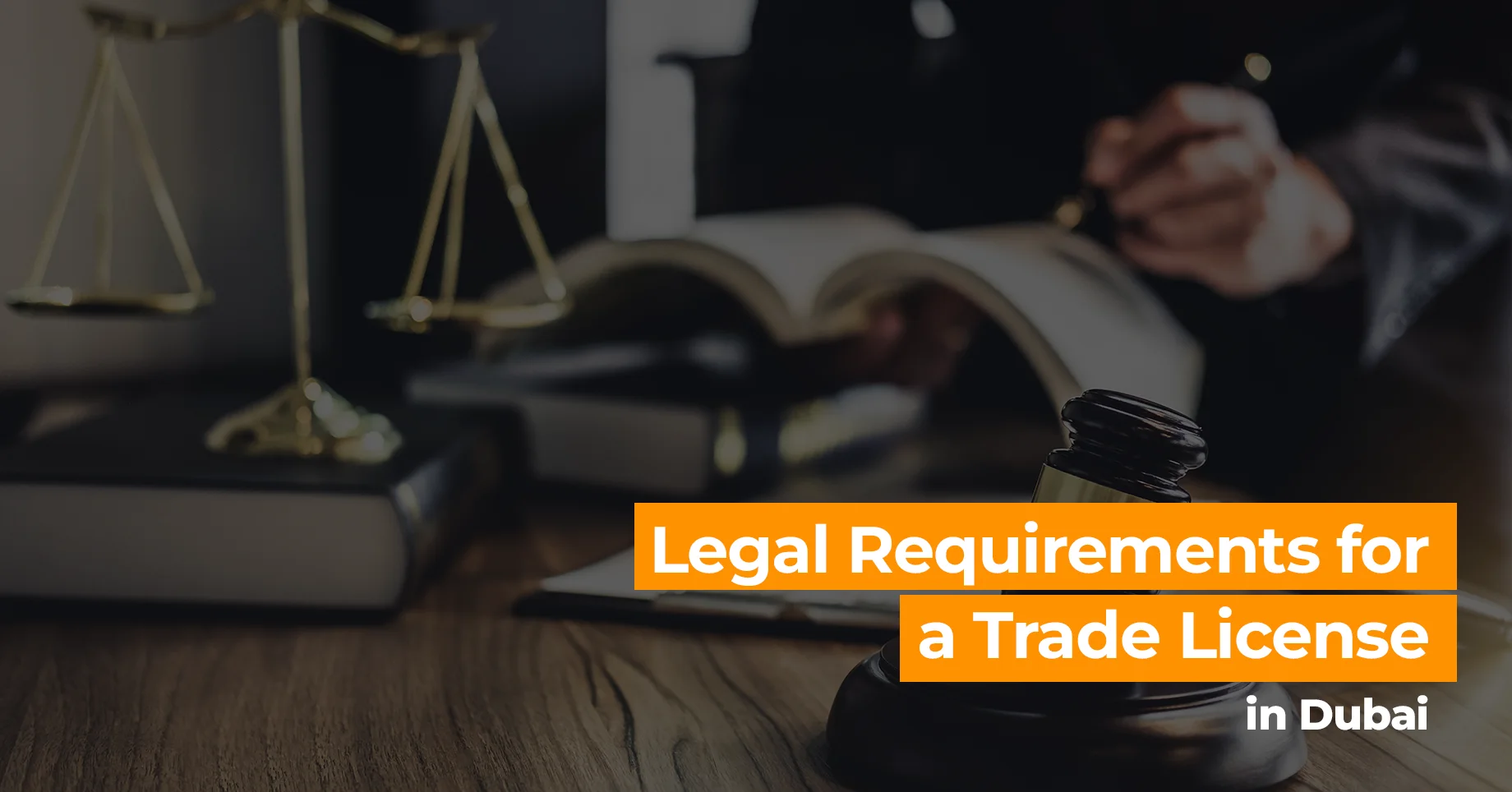Dubai remains a top destination for global entrepreneurs due to its strategic location and strong economy. As we move through 2024, the city remains a magnet for those looking to tap into its vibrant market. To start a business in Dubai, you need to get a UAE trade license, which officially allows you to operate. This guide delves into the intricacies of securing a trade license in Dubai, outlining the essential legal requirements for aspiring business owners.
1. Understanding the Types of Trade Licenses
Understanding the different types of trade licenses available in Dubai is essential before delving into the details
-
Commercial License: For businesses involved in trading goods buying and selling across the market.
-
Professional License: This caters to service-oriented businesses like consultancy, medical practices, or educational services.
-
Industrial License: For those engaged in manufacturing or industrial activities.
-
Tourism License: Specifically for businesses in the travel and tourism sector.
Each license type is tailored to different business activities, ensuring that the business operates within the legal framework of its specific category.
2. Key Legal Requirements for a Trading License in UAE
Securing a trade license in Dubai involves meeting several legal criteria. Here’s a comprehensive breakdown:
A. Business Structure and Ownership
-
Mainland Companies: If you're considering setting up a business in Dubai to operate within the UAE market, an LLC is a common structure. Typically, this requires a local sponsor or partner who holds at least 51% of the company’s shares, unless the business is in a specific professional category that allows for 100% foreign ownership.
-
Free Zone Companies: These companies benefit from 100% foreign ownership and do not require a local sponsor. However, they must adhere to specific Free Zone regulations and may face restrictions when trading within the mainland UAE.
B. Trade Name Registration
Choosing and registering a trade name is a critical step. The name must follow UAE naming rules, avoid offensive language, respect public morals, and ensure it doesn't closely resemble an existing company name. The chosen name should ideally reflect the nature of the business.
C. Initial Approval and Licensing Procedures
-
Initial Approval: This certificate signifies that the UAE authorities have no objections to the establishment of your business. It's required before moving on with the next licensing steps.
-
Memorandum of Association (MOA): For LLCs, the MOA details the company’s structure, share distribution, and business activities. This document must be notarized and signed by all shareholders.
-
Articles of Association (AOA): Similar to the MOA, the AOA outlines the company’s operational framework and governance structure.
-
Local Service Agent Agreement: For professional licenses in mainland Dubai, a local service agent (LSA) is mandatory. Although this agent doesn’t hold shares, they facilitate administrative processes.
D. Physical Office Space
Every business in Dubai must have a physical office space. This requirement is confirmed through a tenancy contract and an Ejari certificate, which registers the lease with the Dubai Real Estate Regulatory Authority (RERA).
E. Additional Approvals and Clearances
Depending on your business activities, additional approvals from various government bodies may be required. For instance:
-
Dubai Municipality: Food businesses require health and safety approvals.
-
Dubai Health Authority: Medical services must obtain specific licensing.
3. Fees and Financial Considerations
Obtaining a Dubai trade license involves various fees, including registration fees, name reservation fees, and initial approval fees. Additionally, depending on the business structure and activity, you may need to deposit a certain amount as share capital.
4. Renewal and Compliance
UAE trade license are generally valid for one year and require annual renewal. The renewal process includes updating any changes in business information, paying the necessary fees, and ensuring compliance with UAE regulations.
Conclusion
Securing a trade license is a structured process with several legal requirements and approvals. Understanding these requirements is vital for establishing a successful business in one of the world’s most dynamic markets. By carefully navigating the legal landscape and adhering to local regulations, you can lay a strong foundation for your business's growth and sustainability in Dubai.
FAQs
Q1: What are the main types of trade licenses?
A: The primary types of trade licenses include Commercial, Professional, Industrial, and Tourism licenses, each catering to different business activities.
Q2: Do I need a local sponsor to obtain a trade license in Dubai?
A: For mainland companies, a local sponsor holding at least 51% of the company shares is generally required, except in certain professional setups. Free Zone companies can be 100% foreign-owned.
Q3: What is the importance of the Memorandum of Association (MOA)?
A: The MOA outlines the company’s structure, share distribution, and business activities, which is crucial for legal compliance.
Q4: Is a physical office space mandatory for obtaining a trade license?
A: Yes, all businesses in Dubai must have a physical office space, confirmed through a tenancy contract and Ejari certificate.
Q5: How often must a trade license be renewed in Dubai?
A: In Dubai, trade licenses are usually issued for a one-year period and require annual renewal to maintain adherence to UAE regulations
Q6:How to get trade license in Dubai?
A: To get a trade license in Dubai, choose your business structure, register a trade name, secure initial approval, prepare necessary legal documents like the MOA, lease an office space, and obtain any required additional approvals. The process includes paying fees and potentially depositing share capital.
Q7: Is commercial license and trade license same in Dubai?
A: A commercial license is a type of trade license. It specifically applies to businesses involved in trading activities, such as buying and selling goods. While all commercial licenses are trade licenses, not all trade licenses are commercial licenses. There are also Professional, Industrial, and Tourism licenses, each catering to different types of business activities.
